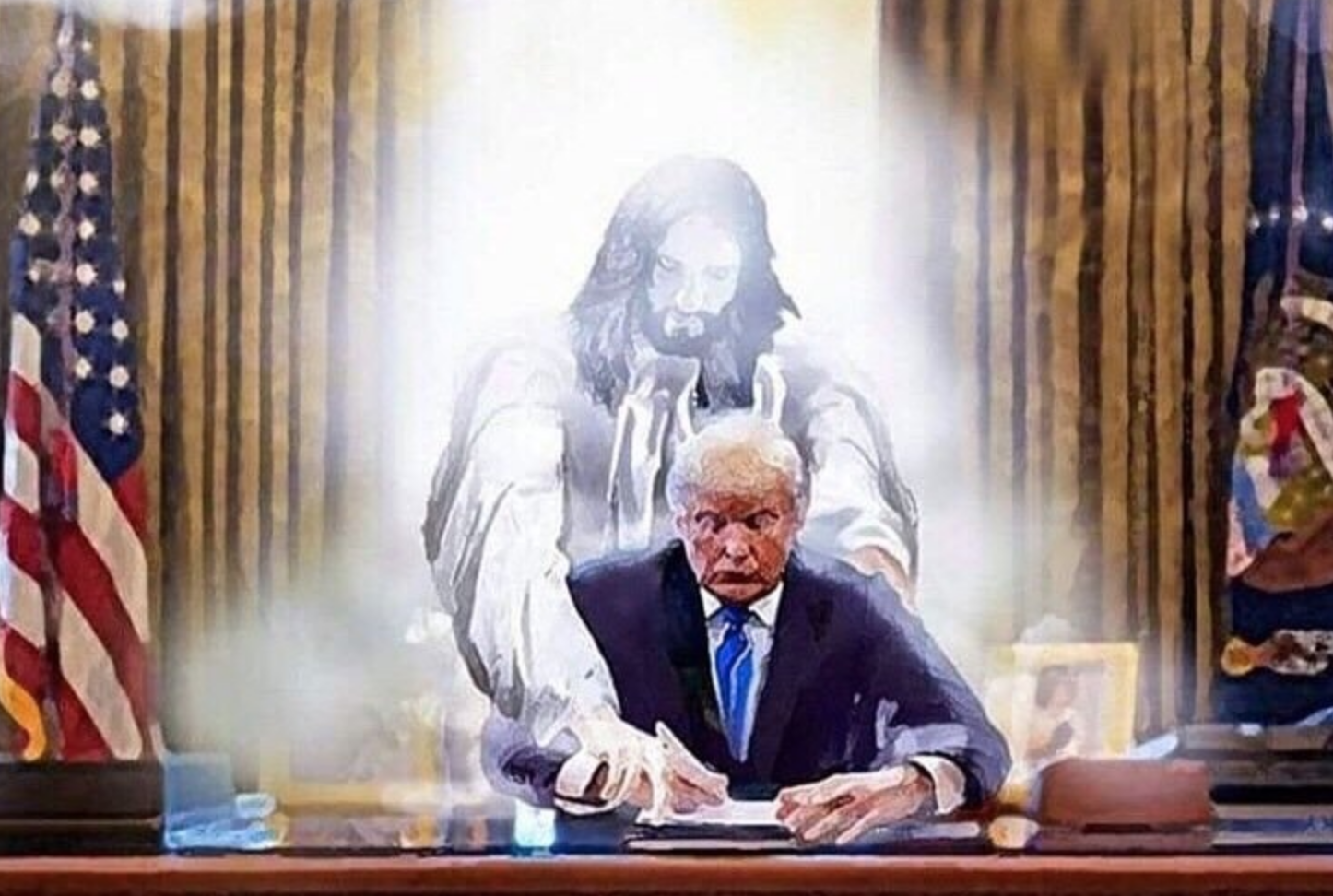At a pivotal moment in world history, the president of the United States asked citizens to join him in an urgent prayer.
"Almighty God: Our sons, pride of our nation, this day have set upon a mighty endeavor, a struggle to preserve our Republic, our religion and our civilization," he said. "Lead them straight and true; give strength to their arms, stoutness to their hearts, steadfastness in their faith. … Some will never return. Embrace these, Father, and receive them, Thy heroic servants, into Thy kingdom."
That was Franklin D. Roosevelt on D-Day, as Allied troops entered northern France.
"FDR said things about God and America that if anyone spoke those words today people would have heart attacks," said Daniel Darling, director of the Land Center for Cultural Engagement at Southwestern Baptist Theological Seminary.
"Presidents have always talked about God and faith, because they're speaking to ordinary Americans," he added. Biblical language has also been common, and not just among presidents backed by evangelical Protestants. President Barack Obama, Darling noted, "quoted scripture more often than George W. Bush, who may have avoided that since his critics screamed 'THEOCRACY!' whenever he did."
In recent years, academics and journalists have been especially critical of "Christian Nationalism," a concept that has become hard to clearly define and monitor in political life.
Researchers with Neighborly Faith – a group that helps evangelicals build stronger relationships with other religious groups – studied academic publications addressing this issue and created a detailed, 14-point compromise definition stating, in part: "Christian Nationalism is a movement advancing a vision of America's past, present, and future that excludes people of non-Christian religions and non-Western cultures. Christian Nationalists romanticize Christianity's influence on America's development, attributing the nation's historical provenance to God's special favor."
Some researchers add "white" before "Christian Nationalism" and stress that adherents believe America is increasingly threatened by immigration, Critical Race Theory, feminism, LGBTQ+ rights and other trends.
Neighborly Faith concluded that 5% of Americans self-identify as Christian nationalists, and 11% can be considered "adherents," Darling noted.










